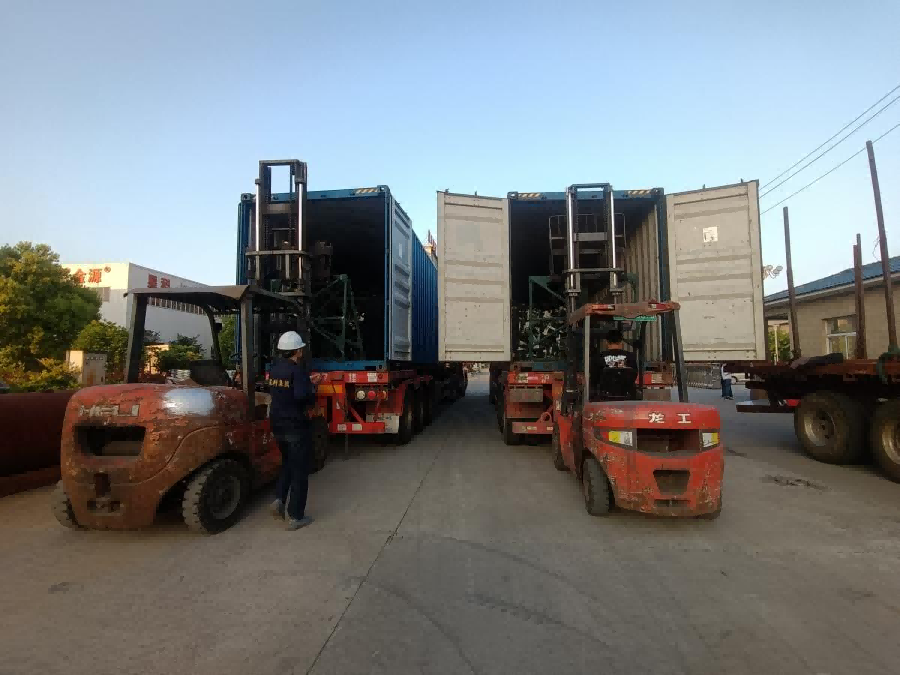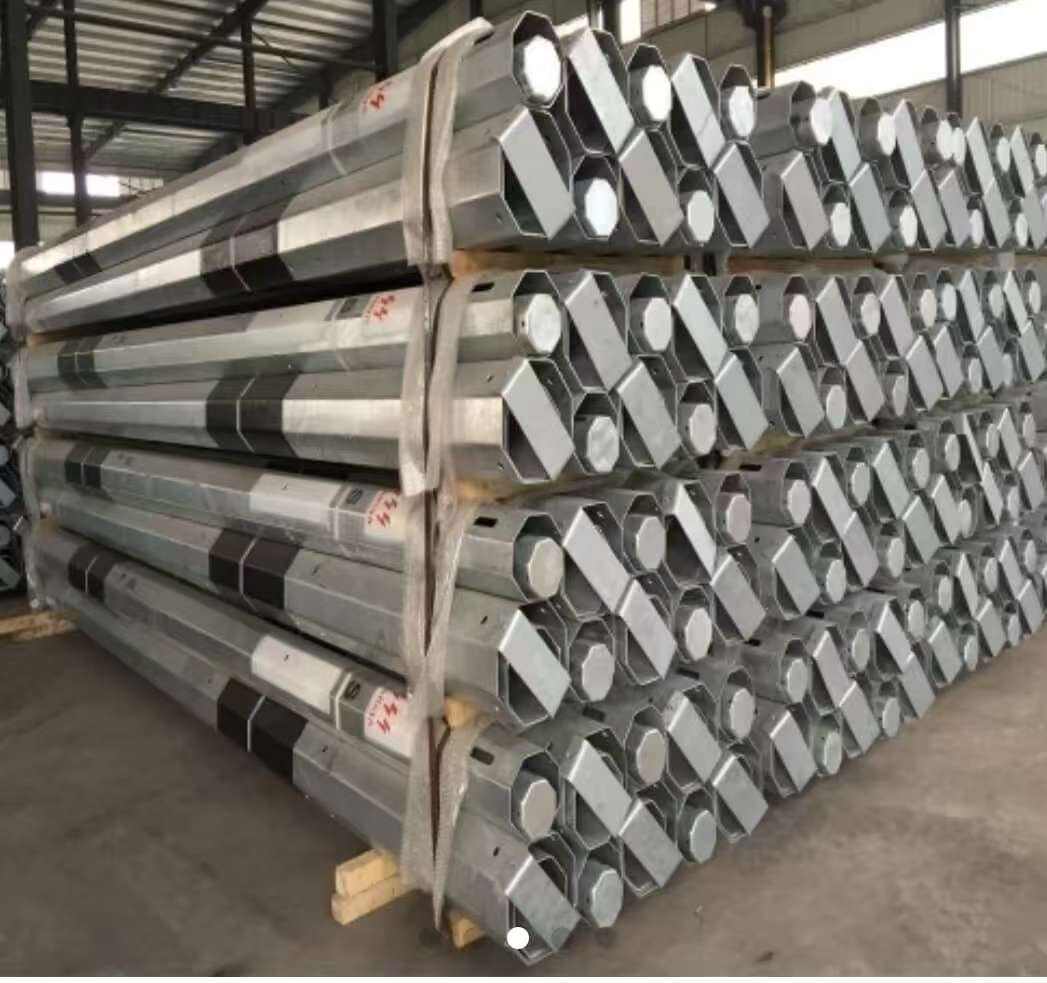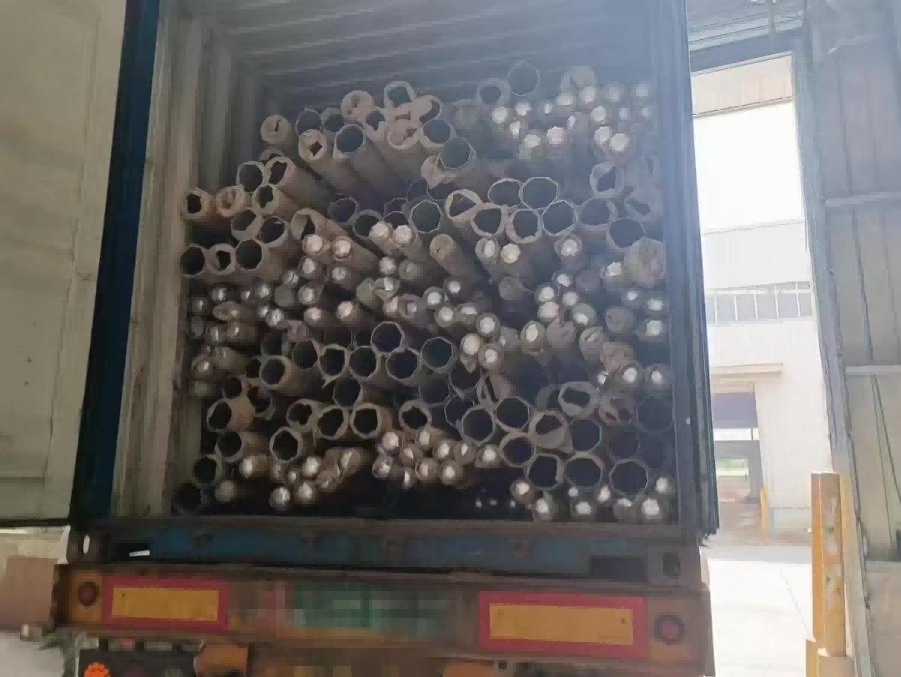Under the framework of the United Nations Sustainable Development Goals, China Star Technology Group announced the launch of the "Bright Link" African power pole assistance project with a total investment of 10 million US dollars. The first 5,000 new...

Under the framework of the United Nations Sustainable Development Goals, China Star Technology Group announced the launch of the "Bright Link" African power pole assistance project with a total investment of 10 million US dollars. The first 5,000 new composite power poles will land in remote areas of Kenya, Zambia and other six countries within the year, and it is expected that 200 villages and more than 200,000 African people will have access to stable power, marking a step forward for Chinese enterprises in the global energy inclusive action.

Solving the "Dark Continent" dilemma: The Electric Revolution from zero to 100
When Maria Kiputo flicked the light switch for the first time in Ngolu village in Kenya's Kajiado County, the glow in the room made her cry: "Children who used to have to do their homework by kerosene lamps can now finally read their textbooks." Behind this is the precise policy of the Star Group after two years of research - for the pain points of sub-Saharan Africa's power grid coverage of less than 40% and the high transportation cost of traditional cement poles, the project innovative use of "lightweight power poles + distributed photovoltaic" solutions.
Each 8-meter-tall pole weighs only 200 kilograms, 70% less than traditional products, and can be transported by motorcycle to the rainforest mountains where vehicles cannot pass. The solar panels and energy storage modules on the pole body can supply power independently for 72 hours when the main grid is interrupted. Amina Diallo, energy Affairs Officer of the United Nations Economic Commission for Africa, commented: "This' pole as a power station 'design provides a replicable Chinese paradigm for rural electrification in Africa."

Technology for the good: Temperature and hardness made in China
"Our power poles will last 30 years in termite infested areas." Zhang Wei, chief engineer of the Africa Project Department of Star Group, demonstrated the core technology: Bio-based composite materials made from recycled plastics and plant fibers not only have stronger corrosion resistance than steel, but also reduce carbon emissions in the production process by 45%; Intelligent monitoring chips embedded inside the rod body can send back tilt, lightning strike and other data through the satellite, and the operation and maintenance efficiency is increased by 3 times.
The project also created a new foreign aid model of "building and training together". In Dar es Salaam Institute of Technology, Tanzania, 50 African youth are receiving the "Power Infrastructure Pioneer Class" training set up by Star Science, 24 year old student Joseph Mlamba has mastered the skills of drone patrol: "After graduation, I will go back to my hometown to build, so that more compatriots have access to clean electricity." At the same time, the Group set up spare parts sharing warehouse in the assisted countries and promised 48-hour emergency response to ensure that the power network is "built and used well".

【 Multi-dimensional influence 】
Economic activation: After the power supply in the Buseni area of Uganda, the production capacity of the coffee processing plant increased by four times, and the premium of US $200 per ton of raw beans
Education transformation: Three new night adult literacy schools in Lusaka province, Zambia, increased female enrolment by 180% year-on-year
Environmental protection and win-win: The whole cycle of the project can reduce the carbon emissions of 45,000 tons of diesel generators, equivalent to planting 2.5 million trees